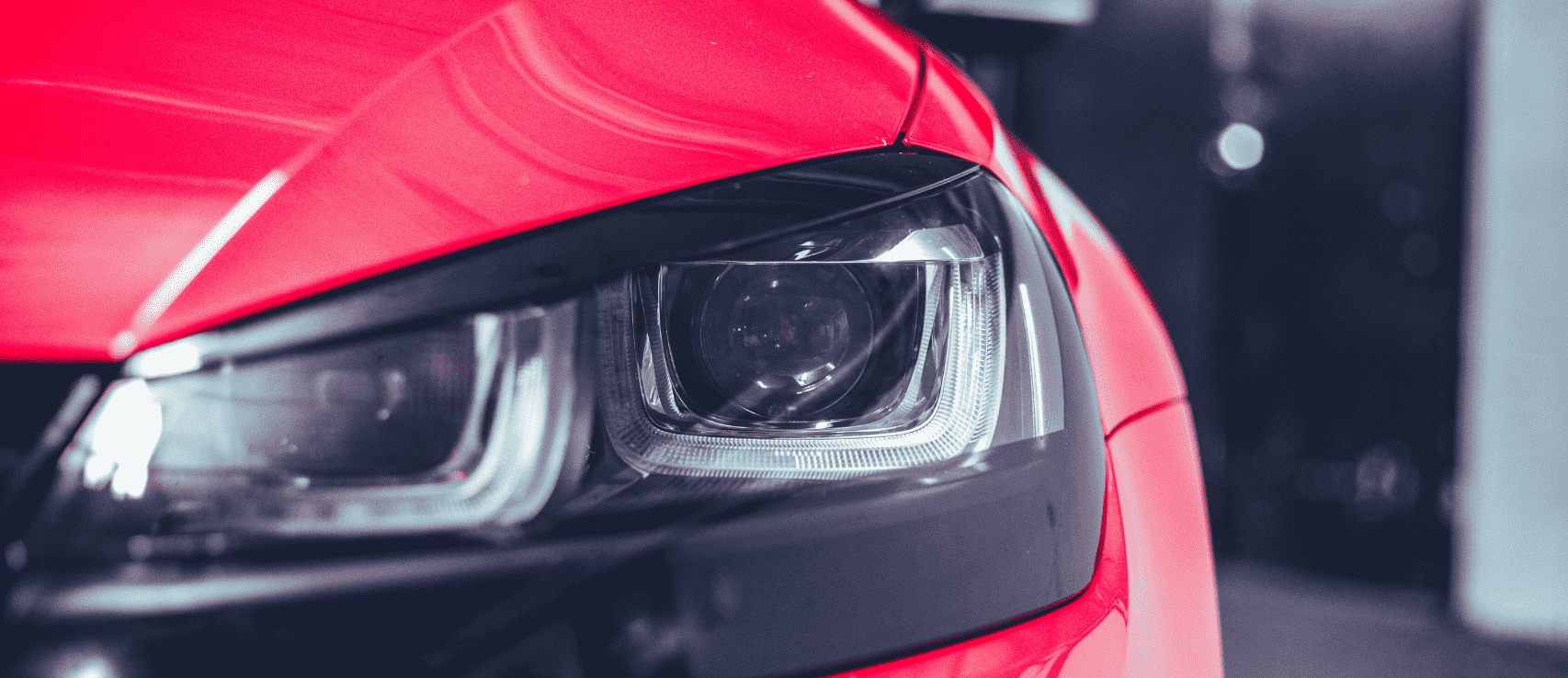
What Car Insurance Covers
We Kiwis love our cars, but when it comes to car insurance, many of us don’t give it much thought. You might think you’re covered, but what happens if a runaway supermarket trolley dents your door or a rogue branch lands on your bonnet—are you really protected? In this guide, we’ll break down the different types of car insurance available in New Zealand, helping you understand what you might need and when it could really count.
Car insurance 101
Car insurance in New Zealand comes in three main types:
Comprehensive,
Third-party, and
Third-party, fire, and theft.
Each offers different levels of cover—let’s break it down:
Comprehensive: This is the most extensive cover available. It includes damage to your own vehicle—even if you're at fault—along with cover for other people's cars or property. You’re also protected against theft, vandalism, and some natural disasters.
Third-party: A budget-friendly option that covers damage you cause to other people’s vehicles or property, but it doesn’t cover your own car. It’s ideal for older cars or drivers who don’t use their vehicle often.
Third-party, fire, and theft: A step up from basic third-party cover, offering protection if your car is stolen or catches fire, while still covering damage you cause to others' property.
Comparing car insurance policies
Choosing the right car insurance can be tricky.
Each policy type offers different levels of protection, so it�’s important to weigh the pros and cons to find what works best for you. The table below breaks down the key differences to help you decide:
Policy type | Pros | Cons |
|---|---|---|
Comprehensive car insurance | -Covers damage to your car and other vehicles or property. -Protects against theft, vandalism, and natural disasters. -Offers the highest level of protection. | -Higher premiums compared to other options. |
Third-Party Car Insurance | -Lower premiums -Covers damage you cause to other people’s property. | -Does not cover your own vehicle. -Leaves you exposed in cases of theft or weather damage. |
Third-Party, Fire, and Theft | -A balance between comprehensive and basic third-party insurance. | -Doesn’t cover damage to your own car after an accident. |

Those unexpected situations: are you covered?
Now that you know the different types of car insurance, let's explore some real-life situations where your cover might come in handy—or fall short.
Here are a few common (and not-so-common) scenarios that could have you wondering if you're covered:
Stolen car: Both comprehensive and third-party, fire and theft policies can cover the cost of a stolen vehicle, depending on your policy. Comprehensive insurance also covers damage if your car is recovered with scratches or broken windows.
Wild weather: Hailstorm damage? Flooding? Comprehensive car insurance covers natural disasters like storms, floods, and hail, helping you stay prepared for unpredictable Kiwi weather.
Accidents with animals: If a stray possum or wandering sheep damages your car, comprehensive insurance will typically cover the repair costs.
Supermarket mishaps: The dreaded car park dings—whether it's a rogue trolley or someone swinging their door open too hard, comprehensive cover can help with the repair bill.
What’s not normally covered by car insurance?
Car insurance doesn’t cover everything—there are certain exclusions you need to be aware of. Here’s a quick rundown of what’s typically not covered:
Non-standard use: Planning to take your car off-road or use it for racing? Your policy won’t cover anything outside of “normal” driving, including towing beyond your car’s limits.
Driving violations: If you’re caught driving under the influence, without a licence, or breaking licence conditions, your insurance won’t cover you. Following the rules is key to staying protected.
Modifications: Adding a new exhaust or sound system? If you haven’t informed your insurer, those upgrades might not be covered.
Neglect or recklessness: Leaving your car unlocked or valuables inside? Insurers expect you to take reasonable care of your vehicle—claims may be denied if negligence is found.
Gradual damage & pests: Rust, mould, and unwelcome guests like mice aren’t covered, as insurance is designed for sudden events, not wear and tear.
Unroadworthy condition: If your car doesn’t have a valid Warrant of Fitness (WOF), your claim could be rejected. Keeping your car roadworthy is essential.
Find the right cover in minutes
Sign up for free and compare your options with Quashed.
Join 45,000 Kiwis who’ve made smarter insurance decisions.
Further reading
Car Insurance Key Considerations: What to look for when picking a policy.
Debunking Car Insurance Myths: Busting common car insurance misconceptions.
Why Is Car Insurance So Expensive?: What drives premium costs.
Smart Ways to Slash Your Car Insurance: Tips to lower your premiums.
Car Insurance Quotes: How to compare and choose quotes.
Sorting Out Your Car Insurance Renewal: Things to check before renewing.
FAQs
How can I reduce my car insurance premiums?
Several strategies can help lower your premiums:
Bundle policies – Some providers offer discounts if you combine car insurance with other policies, like home or contents insurance.
Increase excess – Opting for a higher excess can reduce your premium, but ensure it's an amount you're comfortable paying in the event of a claim.
Maintain a clean driving record – A history free of claims and traffic violations can make you eligible for no-claims bonuses.
Is third-party car insurance mandatory in New Zealand?
Currently, New Zealand does not require drivers to have third-party car insurance. This means individuals can legally drive without insurance, which can be concerning if you’re involved in an accident with an uninsured driver. It’s advisable to at least have third-party coverage to protect yourself from potential financial liability.
What should I consider when choosing an insurance provider?
When selecting an insurer, consider the following factors:
Claims experience – Research customer reviews to gauge how efficiently claims are handled.
Coverage options – Ensure the policy covers your specific needs, such as windscreen repairs or roadside assistance.
Premium costs – While affordability is crucial, balance it against the coverage provided.
Customer service – Responsive and helpful customer service can make a significant difference during stressful situations.
Are there insurance options tailored for younger drivers?
Yes, some insurers offer policies specifically designed for younger drivers. For example, Auto Sure has been mentioned for its policies catering to drivers under 25, offering reasonable premiums and excess amounts. It’s beneficial for younger drivers to explore these options to find suitable coverage.
How does the Accident Compensation Corporation (ACC) affect car insurance?
In New Zealand, the ACC provides personal injury coverage for all residents and visitors, regardless of fault, in the event of an accident. This universal coverage helps keep car insurance premiums lower, as insurers don’t need to account for personal injury claims. However, ACC doesn’t cover property damage, so having appropriate car insurance is still essential.
This article provides general information only and does not constitute insurance or financial advice. Insurance policies vary between providers, and you should check with your insurer or a licensed adviser for guidance specific to your situation. For full details, refer to Quashed’s terms and conditions.
